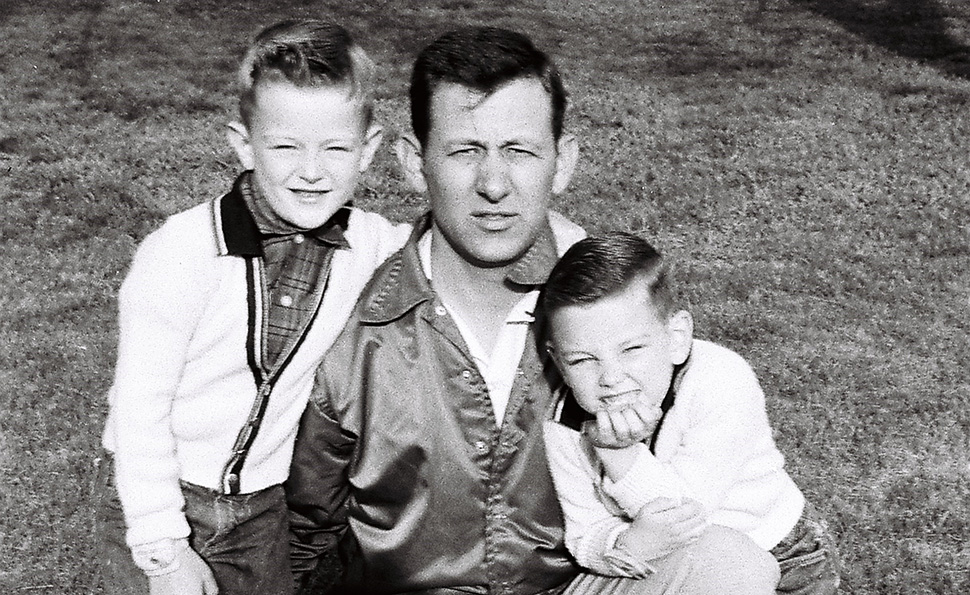Caitlin J. is a graduate student in Denver, Colorado.
Four years ago, my Grandpa Paul died after suffering for years as cancer broke down his body. First kidney cancer, then metastasizing to the stomach and lungs. He spent his final days in bed consumed with pain, feeling like a burden, and was a mere reflection of the strong man that I had lovingly looked up to my whole life. The former Marine who once stood well over six feet tall and played baseball in the minors, had whittled away into a man that I barely recognized. Cancer had stolen his autonomy, his spirit, and his dignity.

Pain Near the End
Grandpa Paul entered a nursing home for the last two weeks of his life. Everyone—my Grandpa, my family, the doctors and staff— knew he was going to die there.
He was wracked with pain that only morphine could alleviate, but standing doctor’s orders limited the amount and frequency. When the morphine wore off, my Grandpa repeatedly asked for more. But the doctors weren’t there, conducting their single daily round at the nursing home in the early morning, and only they could authorize more. This ridiculous dance ensued between my Grandpa, agonizing in pain, his family, emotionally upset, the nurses, and the doctor until my Mom had the nerve to demand that the doctor authorized more.
Nothing about the last few weeks of my Grandpa’s life was graceful. He deserved better. An assisted-dying law in his home state of Missouri could have provided him with the chance of a dignified death.

A Bill in Missouri
This year, Missouri has the opportunity to pass legislation to provide future Missourians the right to a dignified death. For the fourth consecutive year, the Missouri State Legislature will consider a Death with Dignity bill. The Missouri Death with Dignity Act, filed January 3, 2018 in the Missouri General Assembly would legalize medical aid in dying for competent individuals with a terminal illness.
The Power of Words
Although the majority of Americans support this end-of-life option, there is still much controversy surrounding the law.
Much of that controversy stems from the stigma associated with words. Death with Dignity is often used interchangeably with “assisted suicide.” It is crucial to understand that medical aid in dying is not assisted suicide. In fact, portraying terminally ill, mentally competent adults considering medical aid in dying as suicidal is disrespectful. Instead, we should honor their choice to face their impending death with grace, and without unnecessary pain, as noble.
Death with dignity offers older adults with a terminal illness like my Grandpa a measure of control over their death.
My Grandpa’s story is not uncommon. Death in older adults is often the result of chronic illness, but only after life has been prolonged with multiple medical interventions—frequently providing little benefit, but much suffering.
Our nation’s medical philosophy is to do whatever it takes to extend life as long as possible. But at what cost? It’s time to permit choice for older adults living out their final years. No longer should the conversation solely be about how we can prolong life, but also a conversation about how good the last years of our lives can be.
Choice And Control
I often try to erase my final memories of my feeble Grandpa and replace them with memories of the active, witty man who once filled my life with laughter.

I have no way of knowing if my Grandpa would have taken the option of medical aid in dying, but shouldn’t he have at least had the choice? Death with dignity offers older adults with a terminal illness like my Grandpa a measure of control over their death. It offers them the chance to remain autonomous, die gracefully, and without any pain or suffering.
It is time that Missouri pass death with dignity legislation and provide people with the dignity that they deserve.

